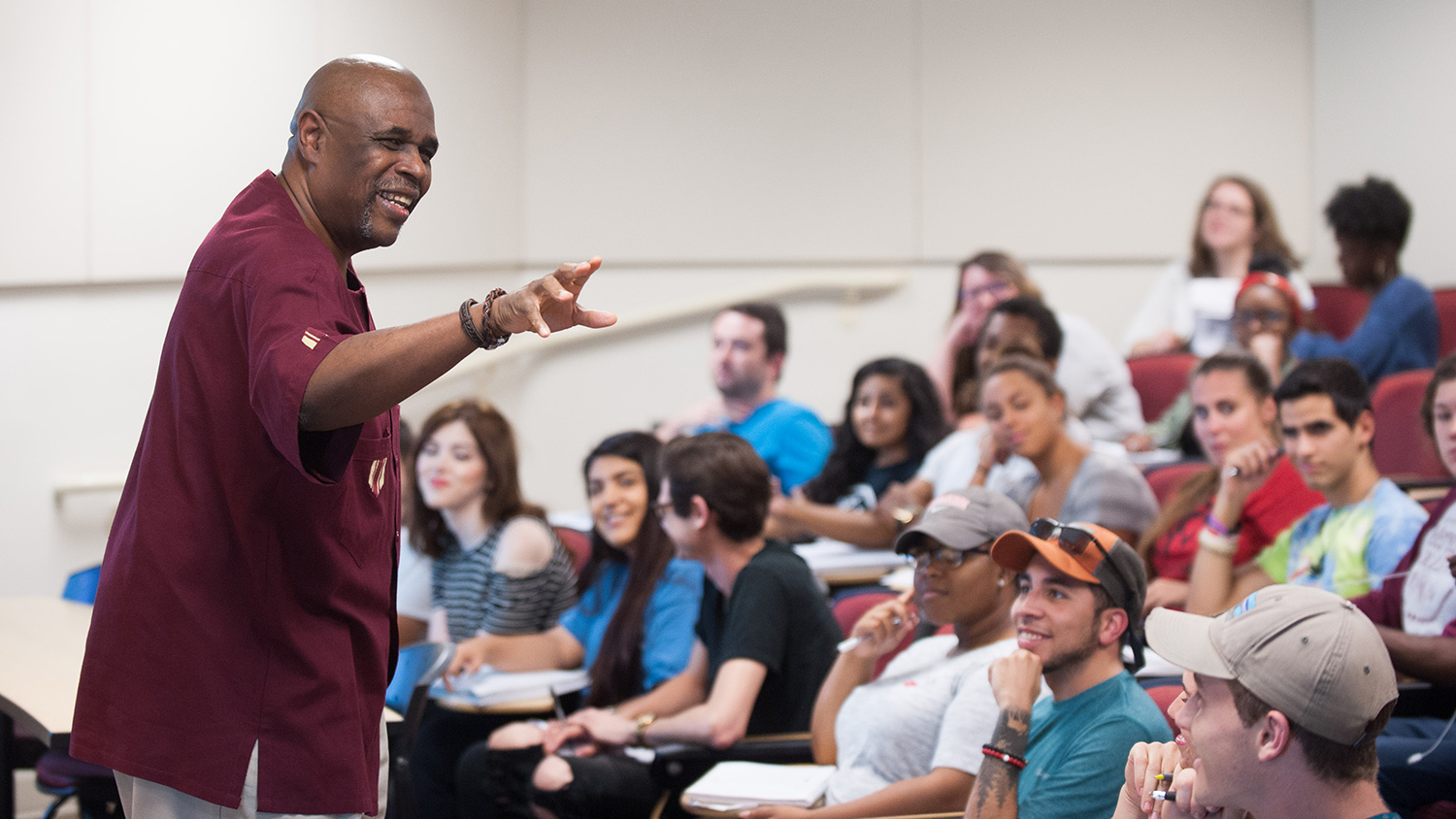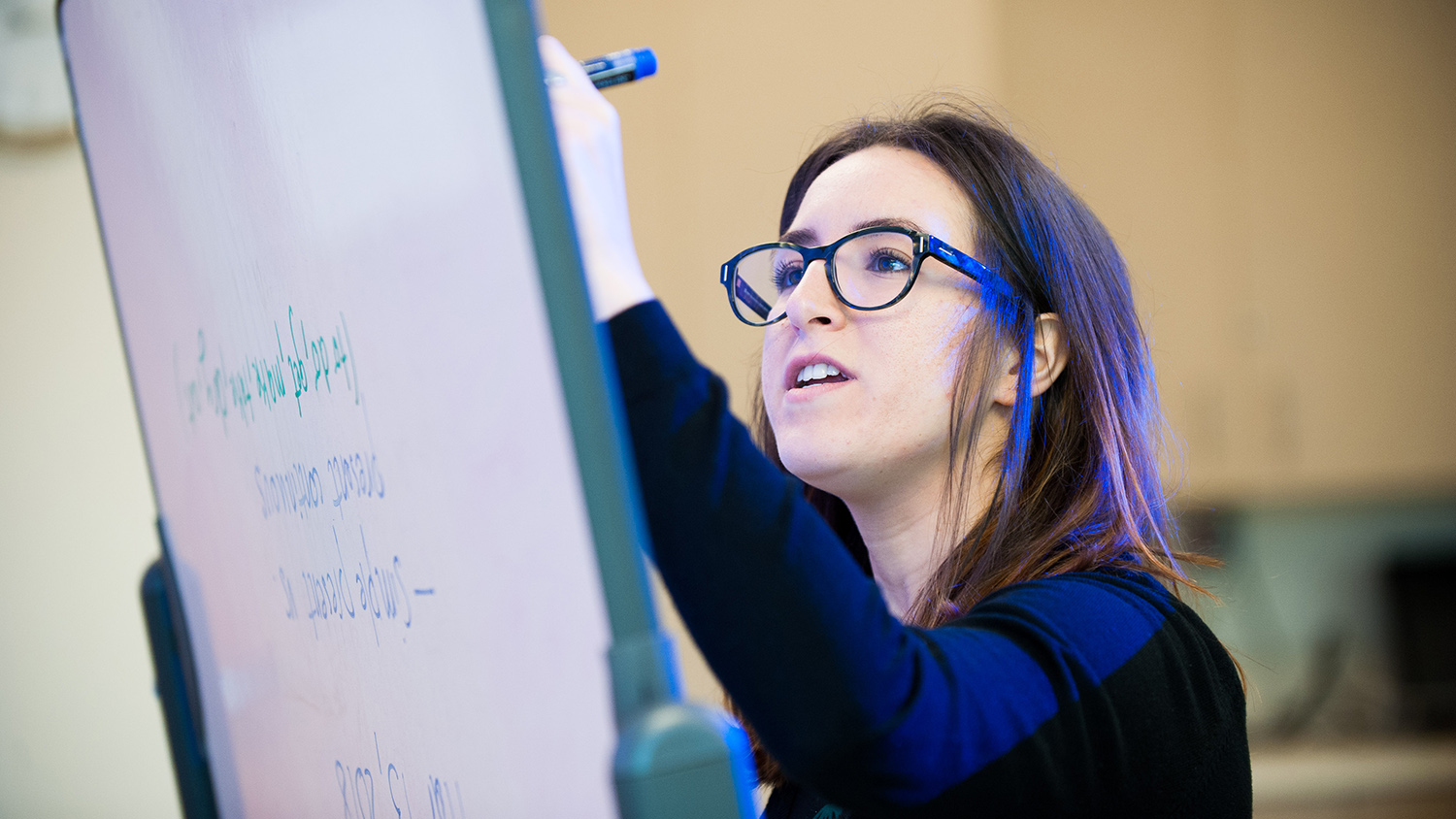Undergraduate Programs
With more than 55 undergraduate majors and more than 40 minors, our academic portfolio encompasses the liberal arts and the social sciences. Each of our programs offers a unique insight into human thought and action; however, all our degrees share valuable features such as:
- Hands-on learning. In our college, you’ll learn how to think and do by studying abroad, participating in undergraduate research, gaining real-world experience through internships and collaborating with nonprofit partners.
- Interdisciplinary themes. Employers value candidates who understand and apply concepts from history and political science, world languages and philosophy, social work and psychology.
- Problem solving. Our students and faculty delve into pressing issues and current events to seek answers to the grand challenges of our time.
#1 Best College for Your Money in North Carolina
Money magazine
Graduate Programs
When it comes to advanced degrees, we run the gamut.
Our 12 master’s degree programs range from the MFA in Creative Writing to the Master of Social Work. We also offer five highly-regarded doctoral degrees in psychology, public administration, public history, sociology, and communication, rhetoric and digital media.
Regardless of the specific degree, all our programs boast alumni who work at the top of their fields and professions.
Outstanding Faculty

Career Paths
What can you do with an NC State degree in the humanities and social sciences? Anything you want.
Our alumni work as judges and journalists, actors and archivists, chefs and clinical psychologists.
You’ll hone your talents in North Carolina’s capital city, home to one of the nation’s top job markets and a thriving startup community. We’ll help you get your foot in the door and prepare you for a lifelong career.

Internships, Study Abroad and More
NC State is defined by our “think and do” approach. Your studies will extend beyond classrooms and into communities around the world. Opportunities for hands-on learning include:
- Study abroad.
- Internships and field placements.
- Undergraduate research.
- Service and community-based projects.
- Learning communities.
